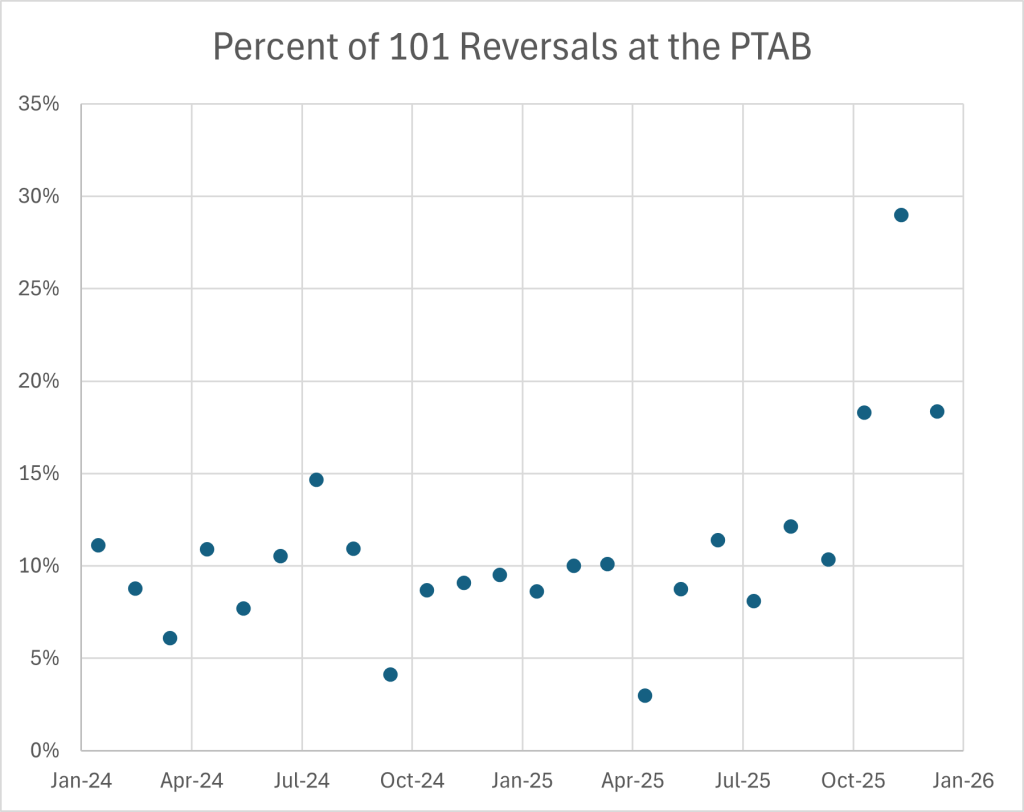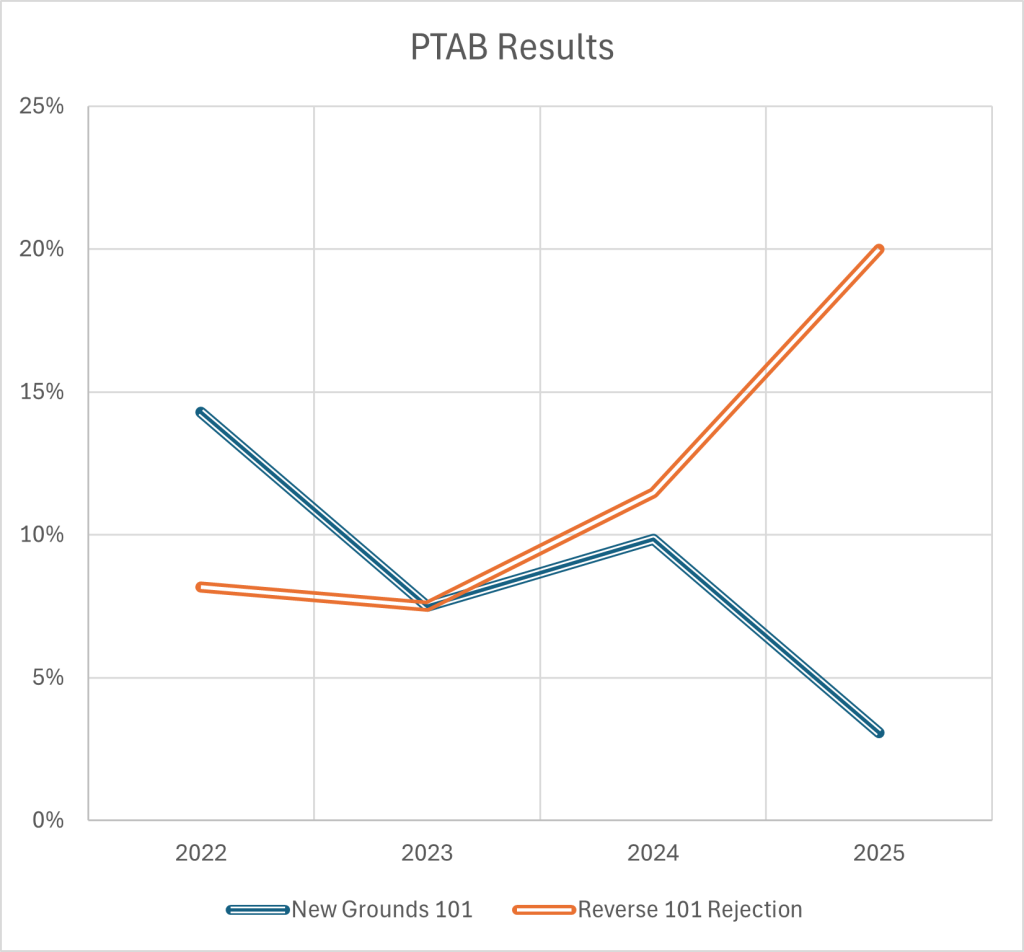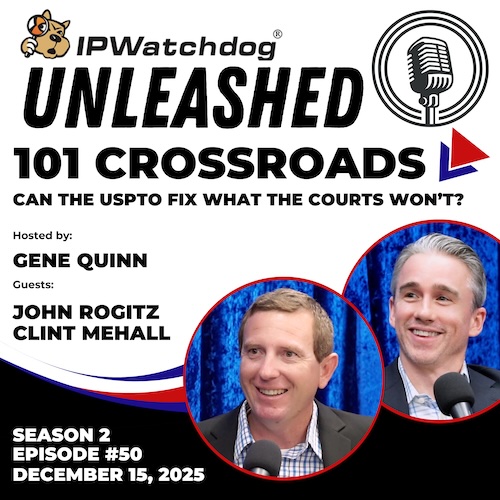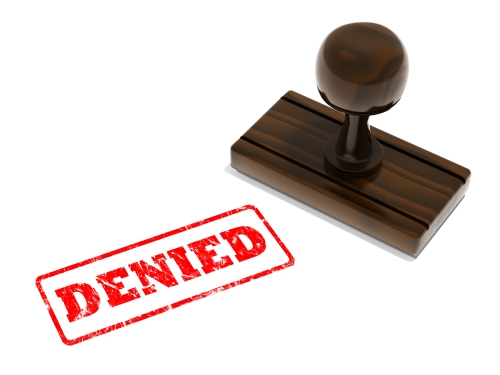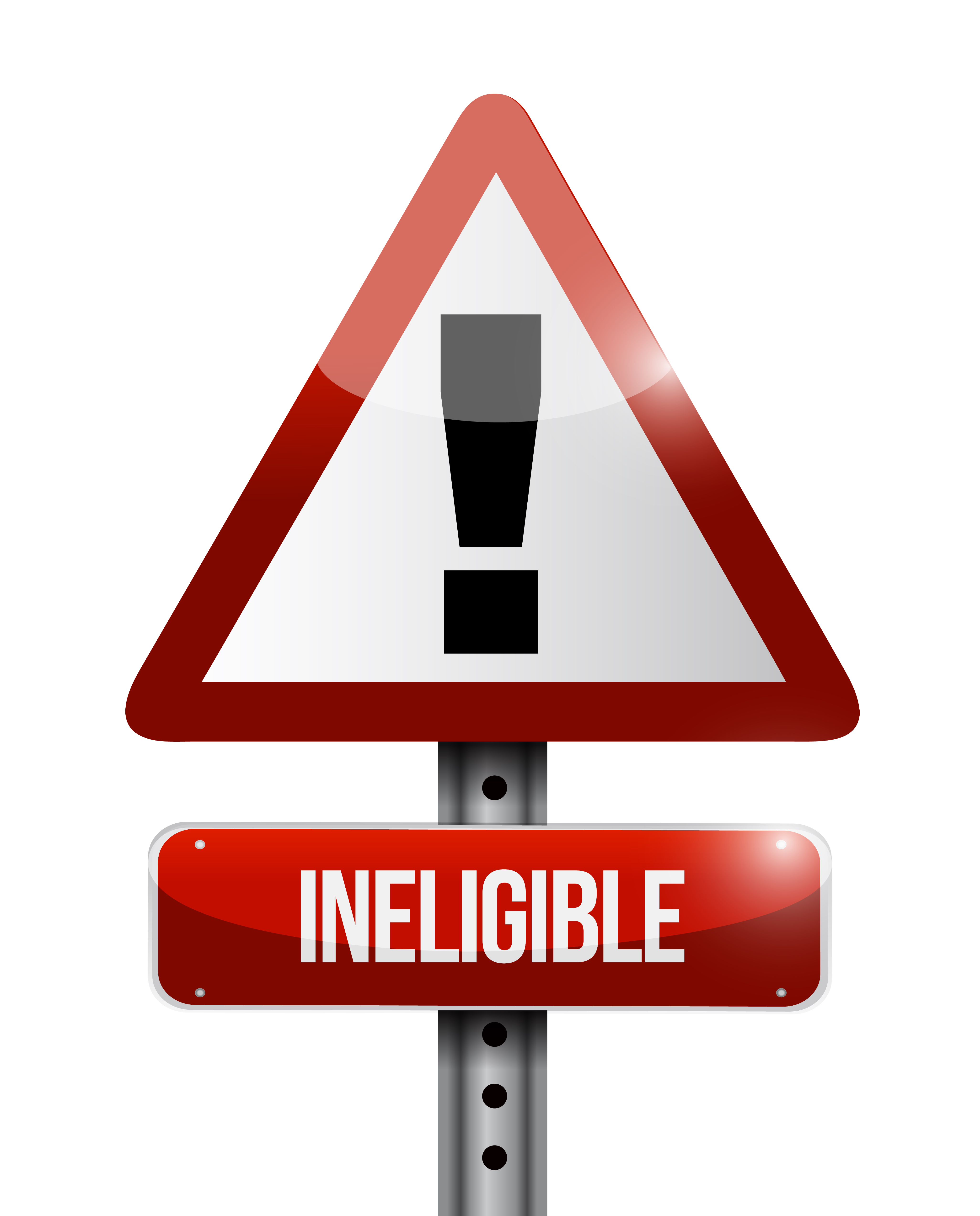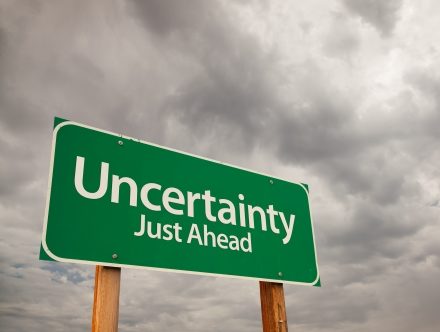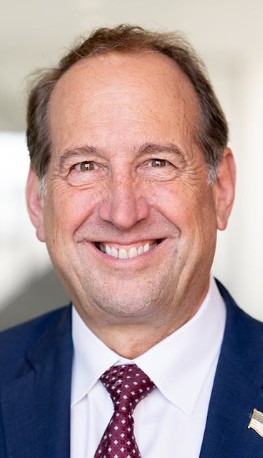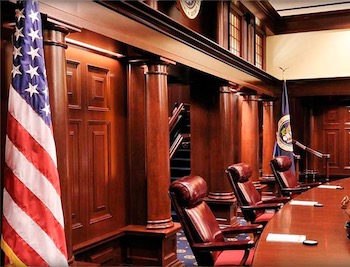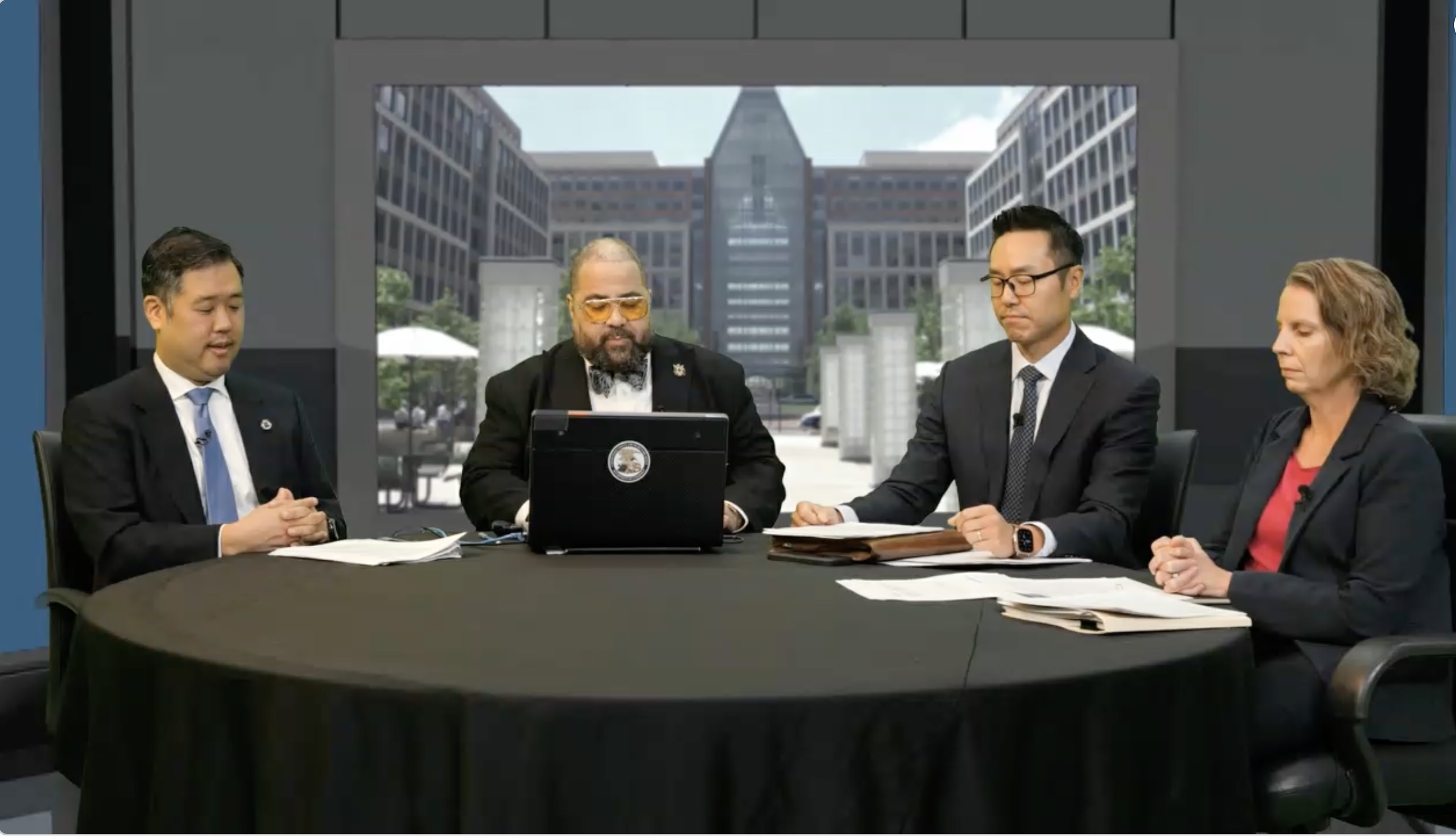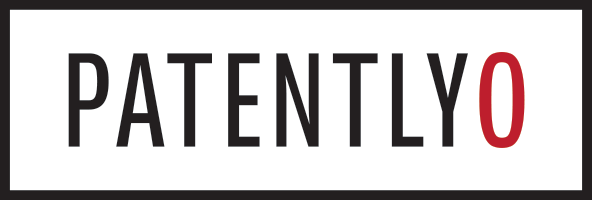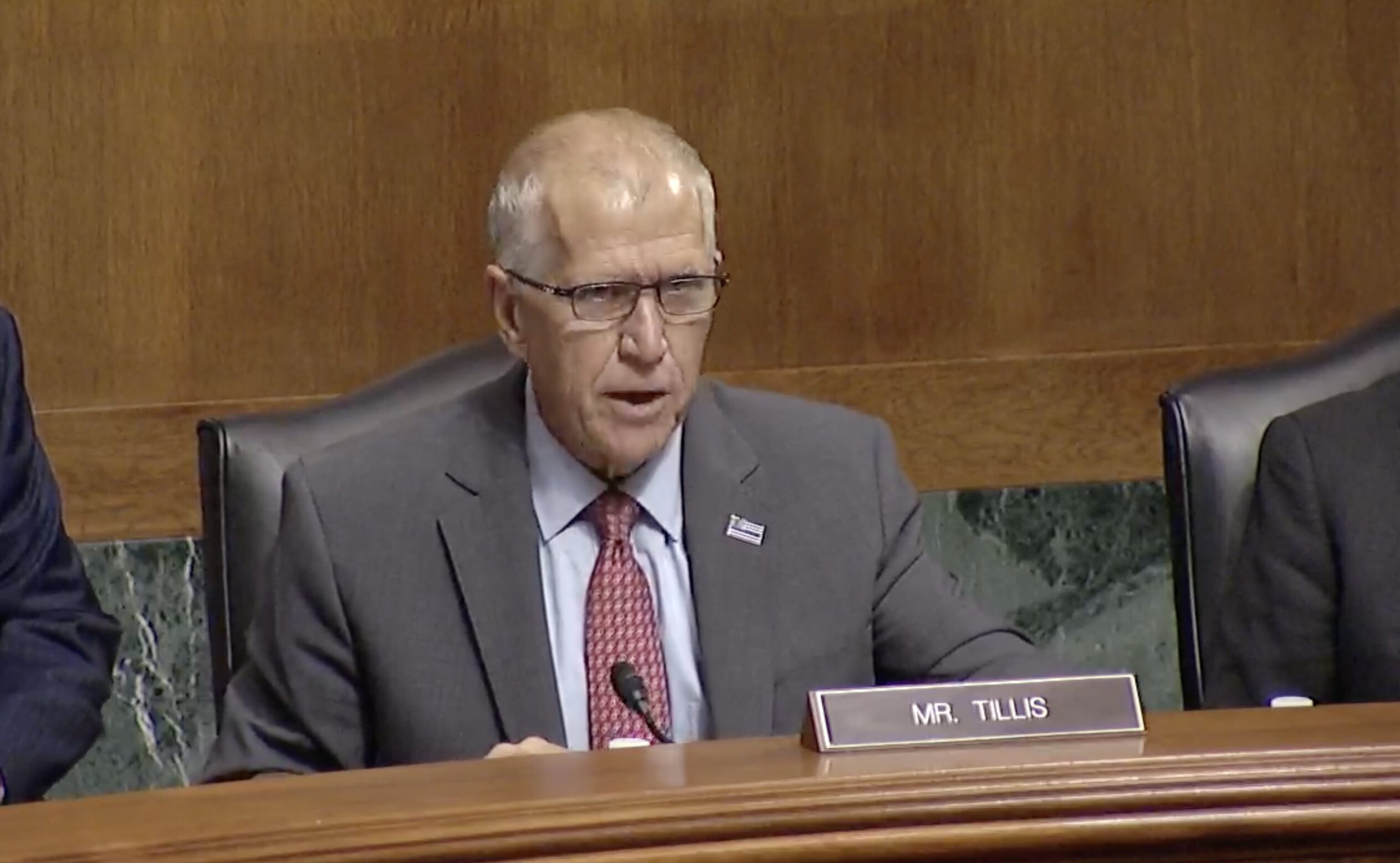fromPatently-O
1 week agoTu Quoque Denied: Google's Own Patents Irrelevant to 101 Defense
Tu Quoque Rejected: The patent owner argued that Google's own video conferencing patents use similar "functional claiming" techniques, and therefore Google must believe such claims are patent-eligible. The Federal Circuit rejected this hypocrisy-style argument, holding that the eligibility of Google's patents "is not before us and has no bearing on our analysis."
Intellectual property law
